In the global titanium dioxide industry upgrading process, the large-scale production of ultrafine titanium dioxide (particle size 10-50nm) faces a critical bottleneck: traditional washing processes struggle to balance nano-scale particle retention with efficient washing. Jiuwu Hi-tech has independently developed an organic tubular membrane system, which provides a reliable solution for the industry with verifiable technical indicators and project demonstrations.
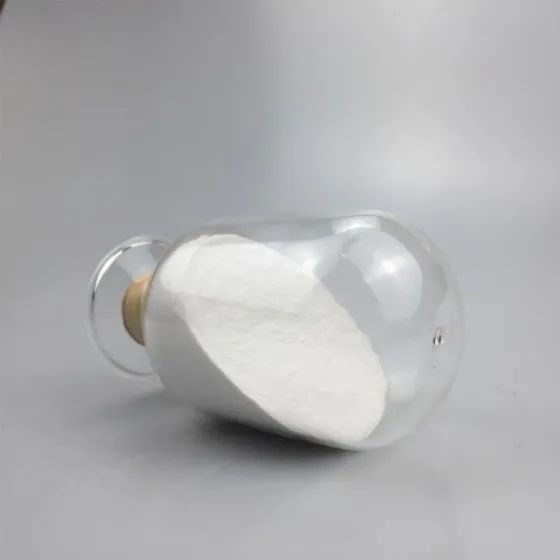
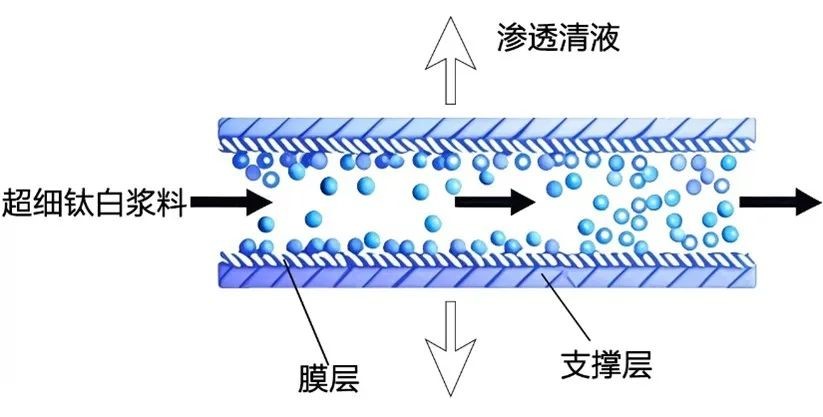
The filtration method of the tubular ultrafiltration membrane is "cross-flow filtration." Driven by pressure, the titanium slurry flows on the inner surface of the membrane tube. Water-soluble impurity ions penetrate outside the tube along the vertical direction of the membrane tube wall, while titanium dioxide solids are intercepted and circulate inside the membrane tube. By continuously introducing desalinated water and extracting washing water, soluble impurity ions in the slurry are removed.
For the highly acidic, high ionic concentration ultrafine titanium dioxide slurry, the Jiuwu tubular membrane system achieves breakthroughs through three major technologies:
Precision separation: With a filtration accuracy of 0.02μm, it ensures a 99.9% retention rate of nano-level titanium dioxide particles while achieving a relatively high membrane flux.
Acid resistance enhancement: It uses an acid-resistant modified material combination, which can withstand strong acid environments (pH0.5-1) and operate continuously for over 8000 hours.
Stable performance: Maintains stable flux across multiple washing batches, with a long cleaning cycle.
Empirical data: Multi-scenario application verification
Compared to traditional membrane filter press, vacuum leaf filter, and other processes, the tubular membrane process in the field of titanium dioxide washing demonstrates significant technical advantages, specifically in the following aspects:
The tubular membrane uses cross-flow filtration technology, which is more conducive to the separation of impurity ions and titanium dioxide particles. Washing time can be reduced by 8-10 times compared to traditional processes, significantly improving overall processing efficiency.
Depending on customer washing requirements, the multiplication factor of washing water in the tubular membrane process can be controlled between 10 to 30 times, reducing water consumption by 50% compared to traditional vacuum leaf filter machines. For an annual production of 1000 tons of high-end ultrafine titanium dioxide, this can save 150,000 tons of water annually.
Due to insufficient filtration precision, traditional membrane filter presses cause a loss rate of nano-level ultrafine titanium dioxide particles as high as 5%-8%. The tubular membrane can achieve a 99.9% particle retention rate.
The modular design reduces the system footprint by more than 50% compared to traditional processes, making it particularly suitable for old plant renovations or new projects with space constraints.
Below is the field continuous operation engineering data for almost one month of a project with an annual output of 500 tons of ultrafine titanium dioxide. After multiple batches of ultrafine titanium slurry washing processes, membrane flux and washing efficiency remained stable, with no significant downward trend observed.
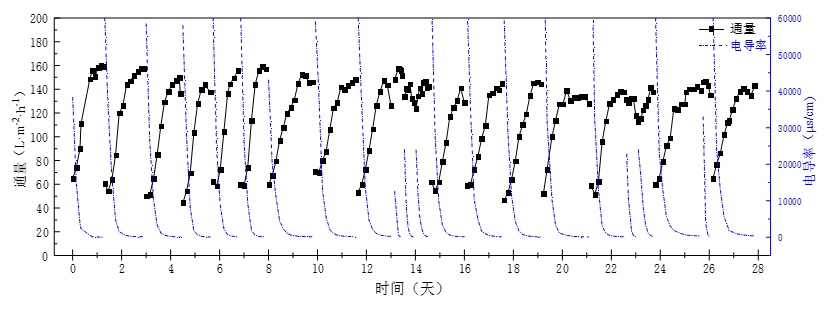
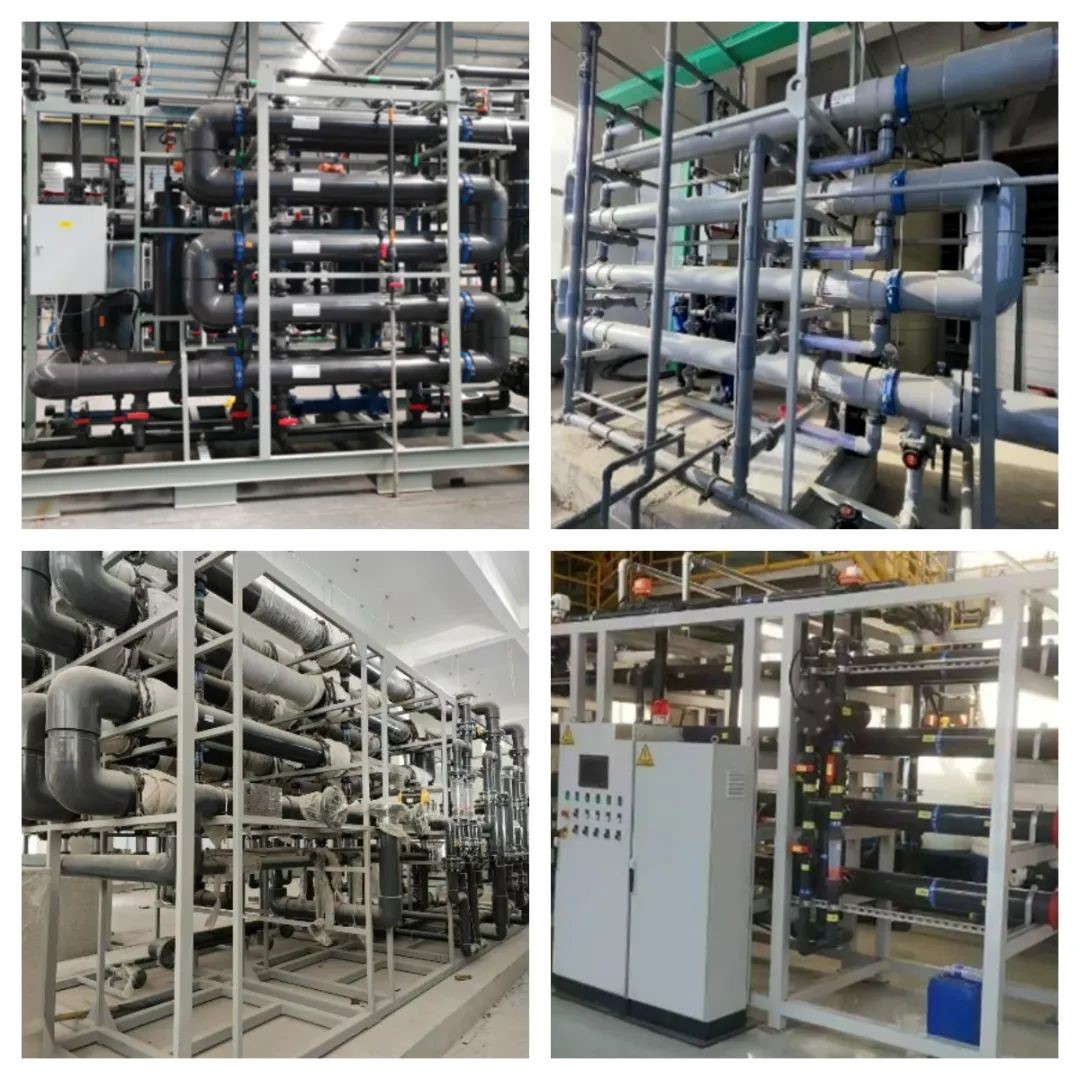
Jiuwu Hi-tech's tubular membrane technology, with verifiable engineering data and economic benefits, promotes the titanium dioxide industry's transition from traditional high energy consumption and low efficiency to a green and efficient model. Currently, this technology has covered several key domestic projects. In the future, with technological iteration and large-scale application, tubular membranes will further assist in the global upgrade of the titanium dioxide industry.
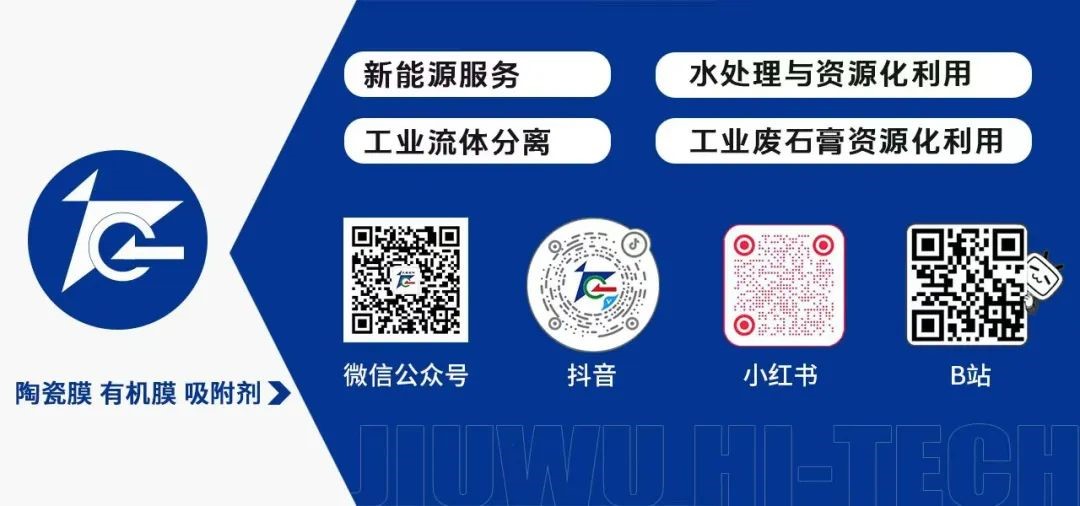
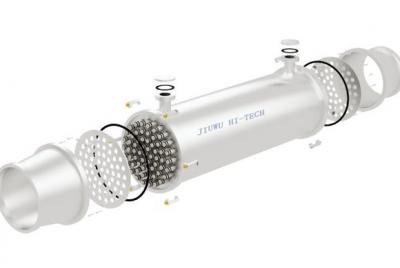



 +86-25-58849045
+86-25-58849045
 +86-25-58749295
+86-25-58749295
 jiuwu@jiuwu.com
jiuwu@jiuwu.com
 No. 9 Park Road, Pukou District, Nanjing City (Sanqiao Factory)
No. 9 Park Road, Pukou District, Nanjing City (Sanqiao Factory) Call us on:
Call us on:  Email Us:
Email Us:  No. 9 Park Road, Pukou District, Nanjing City (Sanqiao Factory)
No. 9 Park Road, Pukou District, Nanjing City (Sanqiao Factory)
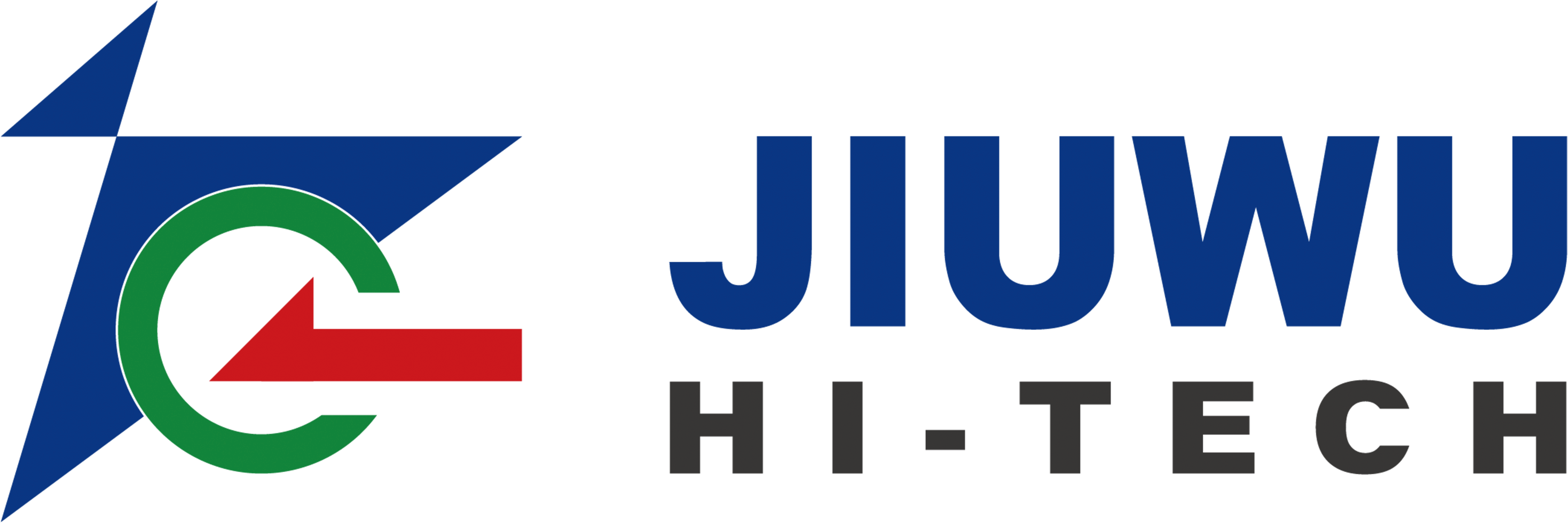
 English
English 한국어
한국어 français
français русский
русский Español
Español

